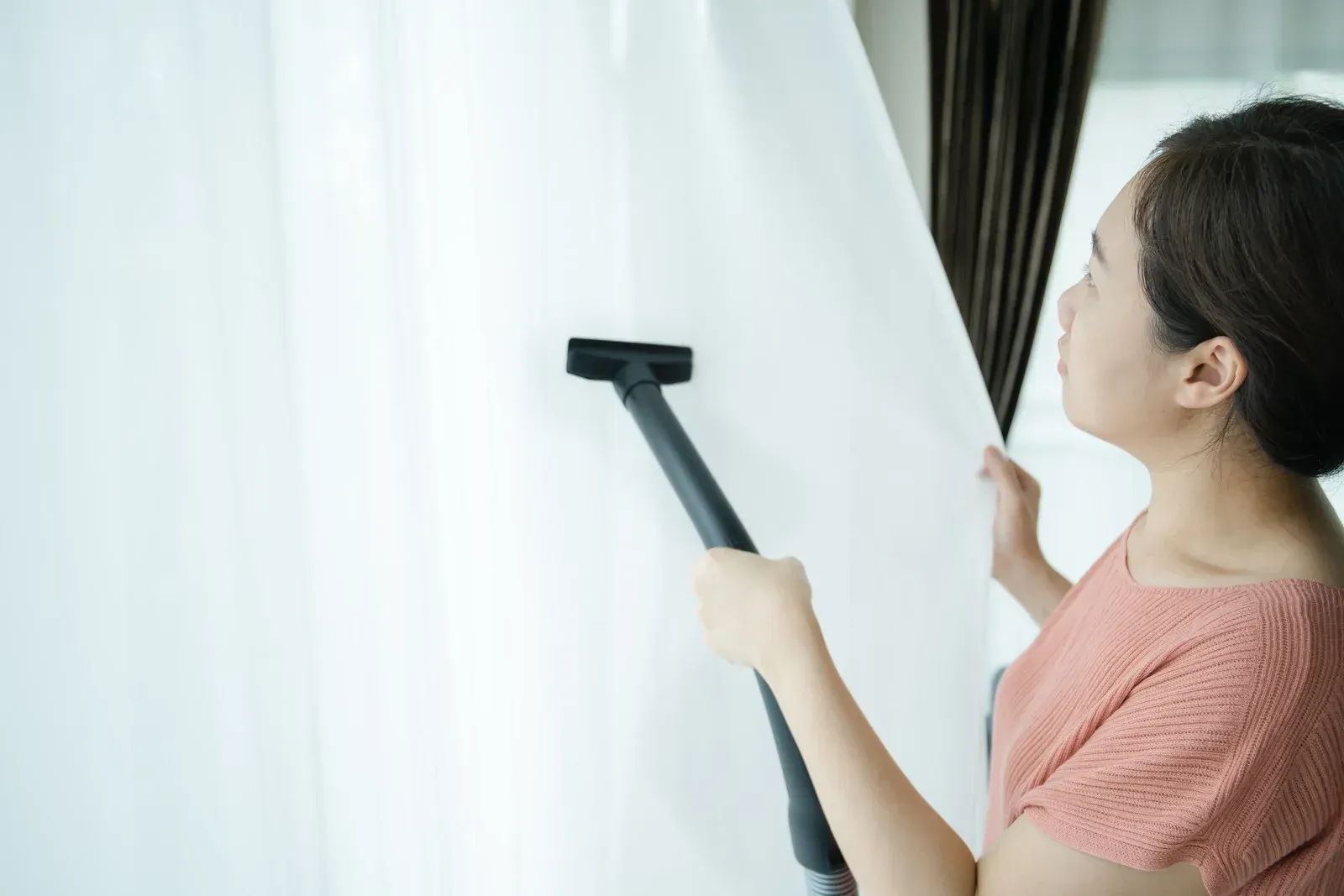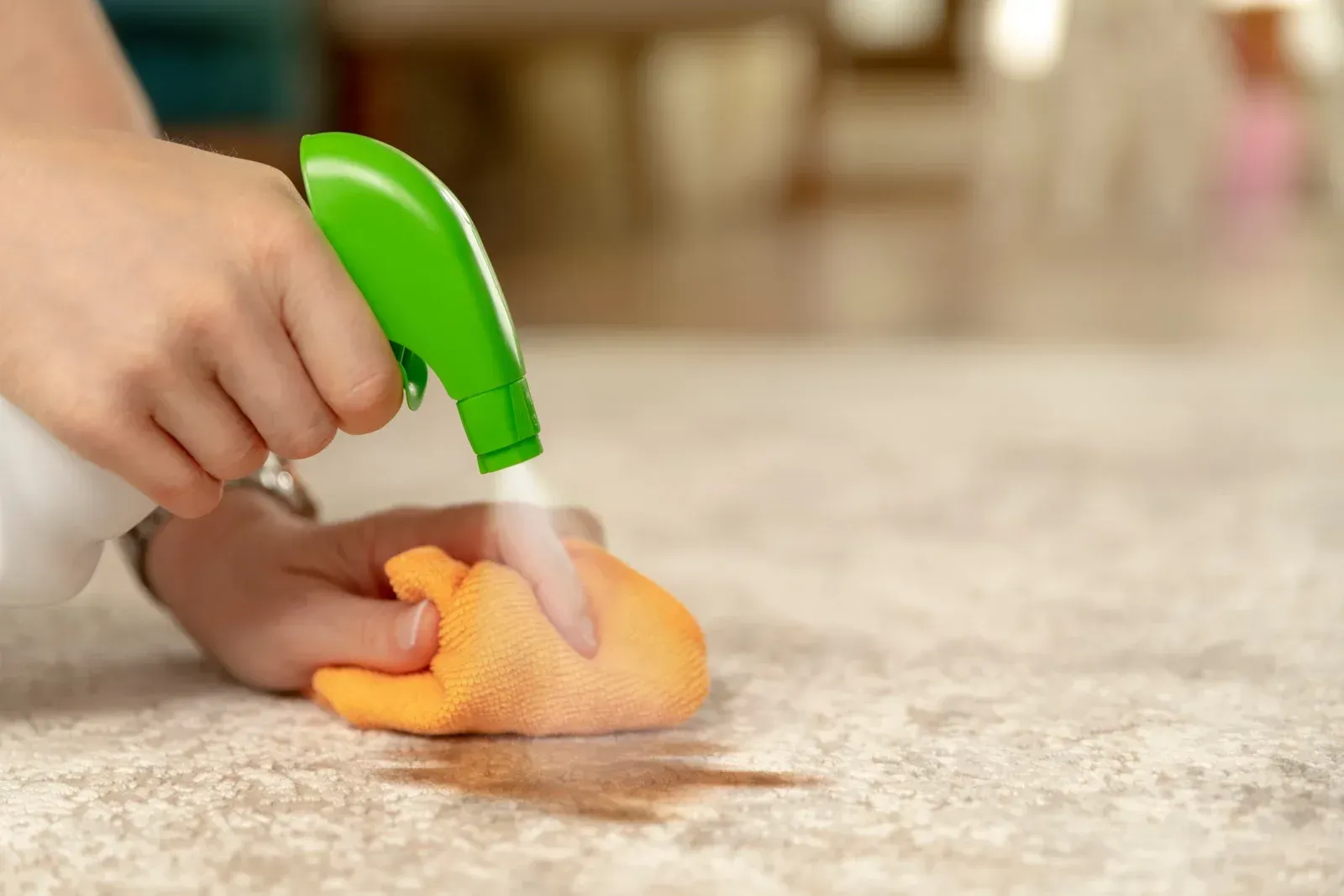Curtain Cleaning Matters: How Dusty Drapes Can Affect Your Home’s Air Quality
When we think of home hygiene, curtains rarely top the list. Yet these soft furnishings act as silent filters, absorbing airborne particles from outside and within. Over time, they collect layers of dust, pollen, pet dander, and even mould spores—especially in homes located in temperate, humid regions like the UK. Unlike visible surfaces that receive frequent attention, curtains often go years without a proper clean. This build-up not only dulls their appearance but also has a direct impact on the quality of air circulating throughout your home. For households with allergy sufferers, children, or elderly members, unclean curtains could silently compromise respiratory health and overall comfort.
1. Dust and Allergen Accumulation
Curtains naturally trap airborne dust and allergens that enter through open windows or HVAC systems. Over time, these fine particles build up and get re-released into the room with every movement—be it a breeze or simply drawing the drapes. For people with asthma or seasonal allergies, this constant circulation of allergens can trigger coughing, sneezing, and discomfort. Regular professional curtain cleaning removes these pollutants at the fibre level, contributing to cleaner and safer indoor air.
2. Mould and Mildew Risks
In the UK’s damp climate, curtains—particularly those in kitchens, bathrooms, and poorly ventilated spaces—can easily retain moisture. This creates a breeding ground for mould and mildew, which not only produce a musty odour but also release spores that negatively affect respiratory health. These microbial threats are often invisible to the eye. Proper cleaning eliminates existing spores and prevents new growth, safeguarding your indoor environment.
3. Pollutants from Outside
Curtains hanging near open windows are routinely exposed to pollutants like car exhaust, pollen, and smoke. These contaminants cling to fabric and gradually seep into the home environment. Unlike hard surfaces that are regularly wiped clean, drapes continue to absorb these invisible toxins until they are professionally laundered. Curtain cleaning ensures that these heavy airborne pollutants are eliminated, preventing long-term health effects from prolonged exposure.
4. Improved Indoor Air Circulation
Heavy, dusty curtains obstruct airflow, reducing the efficiency of ventilation systems and causing stagnant air. This leads to poor air exchange and higher indoor humidity, encouraging the accumulation of airborne contaminants. Clean, lightweight curtains improve air movement and contribute to a more balanced indoor climate. Professionally cleaned drapes ensure that your home not only looks fresh but also breathes better.
Conclusion
Curtains do far more than frame windows—they influence the air you breathe every day. Neglecting curtain cleaning allows dust, allergens, and moisture to fester unnoticed, compromising both aesthetics and air quality. Regular professional curtain cleaning removes contaminants and revitalises fabric, enhancing both comfort and wellness. Clean curtains equal cleaner air, and cleaner air means a healthier home for you and your loved ones.
With over 25
years of industry experience, Sevenoaks Carpet Cleaning & Upholstery Cleaning
provides meticulous
curtain cleaning services across Sevenoaks and nearby areas. Their team uses advanced cleaning techniques to eliminate allergens, mould, and dust, improving your home’s air quality while maintaining the integrity of your soft furnishings.



